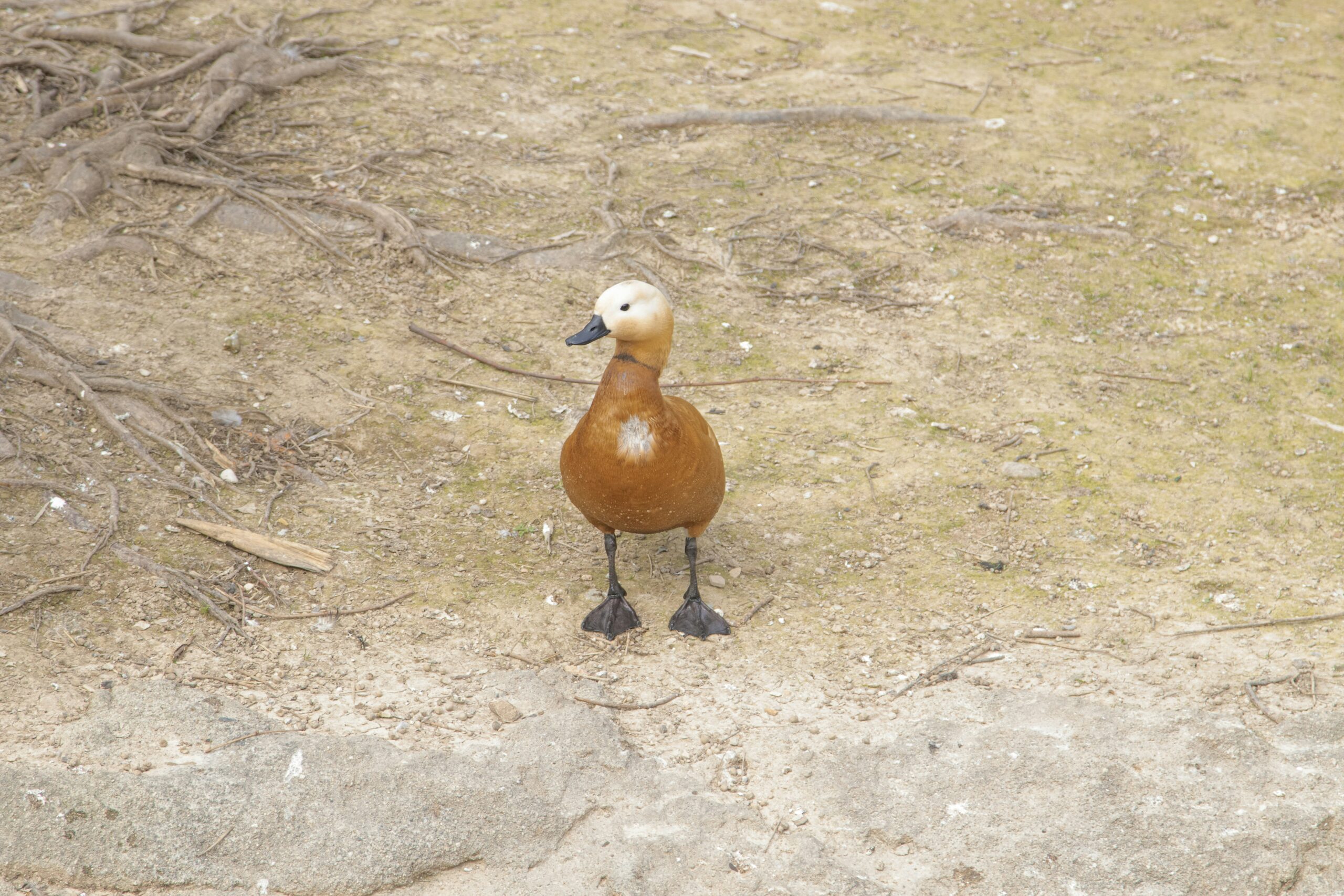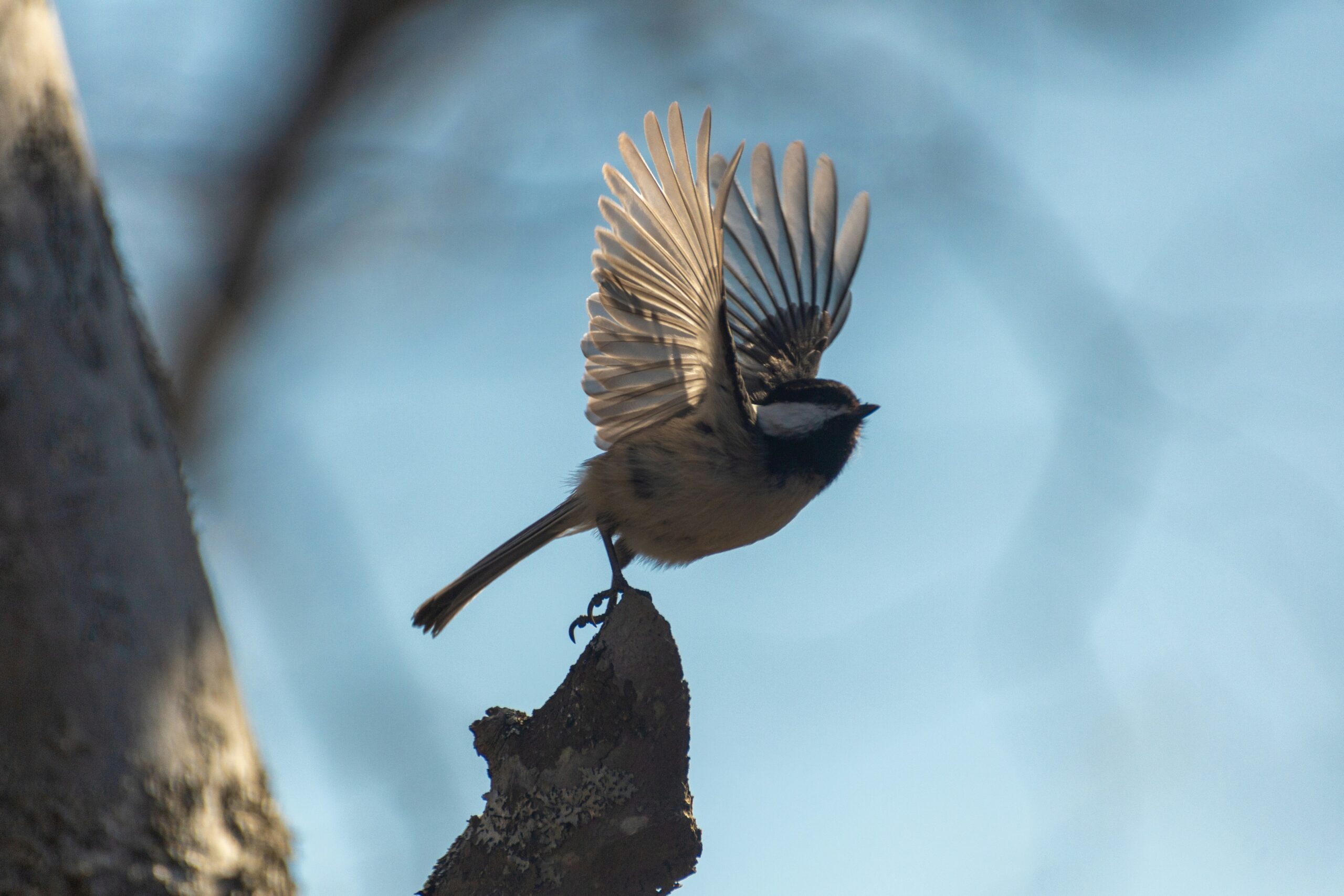Are you wondering if binoculars are essential for birdwatching? The thought of spotting birds up-close, witnessing their vibrant feathers, and observing their unique behaviors can be exhilarating. But do you really need binoculars to have a fulfilling birdwatching experience?
Understanding the Basics of Birdwatching
What is Birdwatching?
Birdwatching, or birding, is the recreational activity of observing birds in their natural habitats. It’s a practice that connects you more deeply with nature, allowing you to appreciate the diversity of local and migratory bird species. Whether you’re in your backyard, a local park, or a remote forest, birdwatching opens a window to a hidden world that often goes unnoticed.
The Appeal of Birdwatching
Birdwatching isn’t just about spotting birds; it’s about relaxation, learning, and sometimes even adventure. It’s an activity that can reduce stress, enhance your mood, and provide the joys of discovery. Birders often treasure the quiet moments spent listening to bird songs and identifying new species.
The Role of Binoculars in Birdwatching
Benefits of Using Binoculars
Binoculars enhance your birdwatching experience by bringing distant birds into clear view. This detailed observation allows you to notice coloration, behaviors, and species-unique features that are otherwise invisible to the naked eye. By providing magnification, binoculars let you maintain a respectful distance from the birds, ensuring you don’t disturb their natural behaviors.
Key Features of Birdwatching Binoculars
- Magnification and Objective Lens Diameter:
- Example: An 8×42 pair of binoculars offers 8 times magnification and a 42mm diameter objective lens.
- Importance: The right combination provides a balanced view with adequate brightness and clear details.
- Field of View:
- Explanation: A wider field of view helps in tracking fast-moving birds.
- Weight and Size:
- Importance: Lightweight binoculars are easier to carry around during long birdwatching sessions.
- Durability and Weather Resistance:
- Importance: Waterproof and fog-proof binoculars are essential for use in varying weather conditions.
Common Binocular Models for Birdwatching
Here’s a quick comparison of popular models:
| Brand & Model | Magnification | Objective Lens Diameter | Weight | Price Range |
|---|---|---|---|---|
| Nikon Monarch 5 | 8×42 | 42mm | 600g | $250 – $300 |
| Vortex Diamondback | 10×42 | 42mm | 618g | $200 – $250 |
| Zeiss Terra ED | 8×32 | 32mm | 510g | $400 – $500 |
| Celestron Nature DX | 8×42 | 42mm | 654g | $120 – $170 |

Alternative Birdwatching Tools
Spotting Scopes
While binoculars are more portable, spotting scopes offer higher magnification and are better suited for stationary birdwatching. If you’re setting up at a bird sanctuary or viewing platform, a spotting scope can provide exceptional detail. However, they are bulkier and often require a tripod for stability.
Cameras with Telephoto Lenses
Birdwatching enthusiasts might also consider using cameras with telephoto lenses. These allow you to capture detailed photographs of birds from a distance. The downside is the higher cost and the need for photography skills.
Birding Apps and Field Guides
Modern birdwatchers can take advantage of birding apps and traditional field guides. Apps like Merlin Bird ID and Audubon Bird Guide provide instant bird identification assistance. Field guides, on the other hand, offer in-depth knowledge about bird species in your region.
When You Might Not Need Binoculars
Beginner Birdwatching
As a beginner, you can certainly start birdwatching without binoculars. Sometimes, just having a field guide and a little patience is enough. Begin with common birds in your backyard or local park. Familiarize yourself with their behaviors, songs, and habitats.
Urban Birdwatching
In urban settings, where birds are accustomed to human presence, you can often get close enough without using binoculars. These settings are great for casual birdwatchers who enjoy a walk in the park while catching glimpses of city-dwelling bird species.
Budget Constraints
If you’re hesitant to invest in binoculars due to budget constraints, know that you can still enjoy birdwatching. Start small, learn the basics, and consider upgrading your equipment later when you’re ready to deepen your birdwatching journey.

Choosing the Right Binoculars
Testing Before Buying
Before investing in a pair of binoculars, it’s wise to test different models. Visit a store where you can handle various options and see which one feels comfortable for your eyes and hands. Ensure the focus mechanism is smooth and easy to operate.
Online Reviews and Recommendations
Reading reviews and seeking recommendations from experienced birdwatchers can be invaluable. Many online forums and birdwatching communities offer insights into the best binoculars for specific needs and budgets.
Balancing Quality and Cost
While it’s tempting to go for the most expensive binoculars, balance quality with cost. High-end models often offer exceptional quality, but mid-range options can also provide excellent viewing experiences for beginners and intermediates.
Maintaining Your Binoculars
Regular Cleaning
Keeping your binoculars clean is crucial for maintaining clear images. Use a soft lens cloth and proper cleaning solutions. Avoid touching the lenses with your fingers, as oils and dirt can easily transfer onto them.
Storage Solutions
When not in use, store your binoculars in a carrying case to protect them from dust, scratches, and shocks. If you’re going on a birdwatching trip, consider a padded case for extra protection.

Enhancing Your Birdwatching Experience
Learning Bird Songs and Calls
One of the most rewarding aspects of birdwatching is recognizing birds by their songs and calls. Many birds are easier to hear than see, especially in dense foliage. Learning their vocalizations can enhance your identification skills and overall enjoyment.
Participating in Birdwatching Groups
Joining a birdwatching group or club can provide guidance, share knowledge, and boost your enthusiasm. Group birdwatching trips offer the chance to learn from experienced birders and can make the experience more social and enjoyable.
Recording Your Observations
Keeping a birdwatching journal can be a meaningful way to track your experiences and progress. Note the species you spot, their behaviors, and any unique observations. Over time, you’ll build a personal record of your birdwatching journey.
Conclusion
So, are binoculars essential for birdwatching? While they significantly enhance the experience by allowing you to see details from a distance, they are not strictly necessary, especially if you’re just starting out or have budget constraints. Consider them as a valuable tool that can amplify your enjoyment and understanding of birds, but remember that the essence of birdwatching is your connection with nature and the joy of discovery.
By balancing your needs and preferences, whether it’s a pair of binoculars, a spotting scope, or even just a birding app, you can tailor your birdwatching experience to suit you. Enjoy the journey, one bird at a time.
